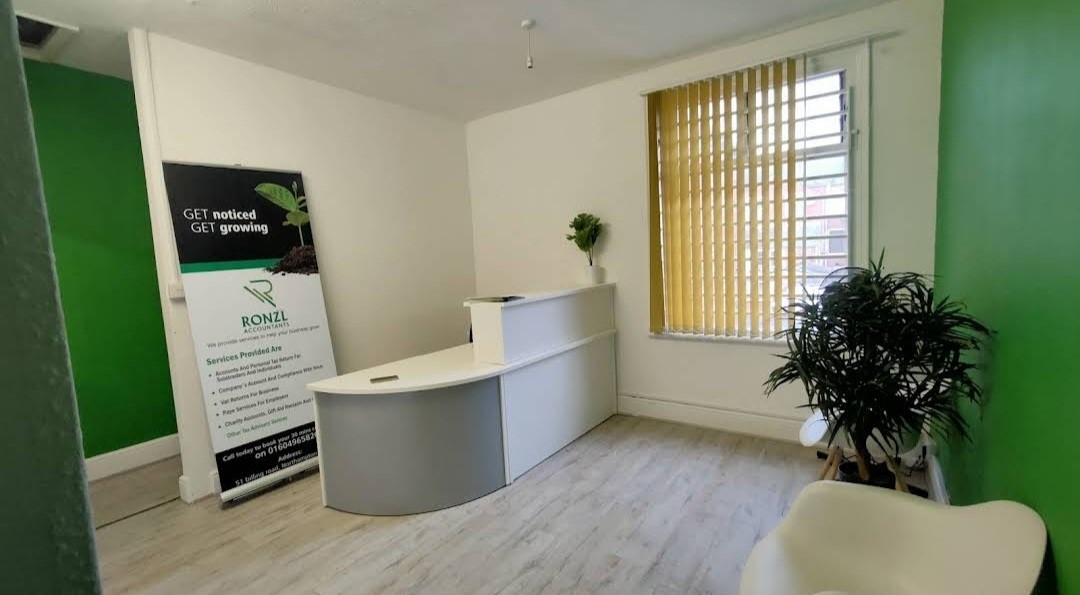Are you considering starting your own business in the UK? One of the simplest and most popular business structures is setting up as a sole trader. In this guide, we’ll walk you through the process of becoming a sole trader in the UK, including registration, tax obligations, and more.
- Understanding Sole Trader Business Structure:
When you operate as a sole trader, your business and personal finances are essentially one and the same. This means that you are personally responsible for any debts incurred by the business, but you also have full control over its operations.
- Registering with HMRC:
The first step to becoming a sole trader is registering for self-assessment with HM Revenue & Customs (HMRC). This can be done online through the HMRC website. It’s important to register within six months of starting your business to avoid penalties.

- Tax Obligations:
As a sole trader, you’ll need to report your income and expenses to HMRC each year through your self-assessment tax return. This should be done by the deadline, either 31st October (paper returns) or 31st January (online returns), following the end of the tax year.
You’ll be taxed on your taxable profits, which are calculated by deducting your business expenses from your income. Like employed individuals, sole traders are entitled to a personal allowance before income tax is applied.
- National Insurance Contributions:
Sole traders also need to pay National Insurance contributions (NICs) on their profits. The amount you pay depends on your taxable profit and whether you exceed certain thresholds.
For the tax year 2022/23, sole traders pay Class 2 NICs at a flat weekly rate if their profits exceed £6,715. Additionally, they may need to pay Class 4 NICs on profits above £9,881, with an increased rate for profits over £50,270.

How to Register with HMRC:
Registering as a sole trader with HMRC is a straightforward process. You can do it online through the HMRC website. Once registered, you’ll receive a letter containing your unique taxpayer reference (UTR) number, which you’ll need for your self-assessment tax returns.

Conclusion:
Setting up as a sole trader in the UK is a relatively simple and flexible way to start your own business. By understanding your tax obligations and registering with HMRC, you can ensure that your business is compliant and set up for success.
If you’re ready to take the plunge and become a sole trader, visit the HMRC website today to begin the registration process. And remember, if you ever need assistance with your taxes or financial matters, don’t hesitate to reach out to us at Ronzl Accountants. Our team of experts is here to help you navigate the complexities of tax compliance and financial management, so you can focus on growing your business with confidence. CONTACT US!
